9 Reasons to Grow Your own organic vegetable garden
During the last decades, there has been a change towards mechanization and homogenization of farming, which uses pesticides, additives, herbicides, synthetic fertilizers, and mass-production techniques.
All this is clearly affecting mankind’s health, and new diseases are spreading rapidly amongst humans and animals (bird’s flu being the most recent one).
The World Health Organization produces reports to show how the use of chemicals and other products on food, coupled with the manufacturing processes involved, are actually a threat for our health.
Today I’m presenting you with nine reasons for doing this:
1. You will have no additives in your vegetables
Research by organic food associations has shown that additives in our food can cause heart diseases, osteoporosis, migraines, and hyperactivity.
2. There will be no pesticides or synthetic fertilizers used
These chemical products are applied to obtain crops all the time regardless of plagues or weather conditions and affect the quality of the vegetables. Besides, pesticides are usually poisonous to humans.
3. Your vegetables will not be genetically modified (GM)
Antibiotics, drugs, and hormones are used on vegetables to grow more and larger ones. One of the consequences of this practice are vegetables which look all the same and are usually tasteless. Besides, we end up consuming the hormones that have been used on the vegetables, with the potential risks for our health.
4. Eating your own organic vegetables will be much more healthy for you
They will not contain any of the products or chemicals named above. The content of vitamins and minerals is much higher when the fruit and vegetables have just been harvested. That content is halved after 7-14 days! And when food is imported you usually don’t know when they were harvested.
5. Your own organic vegetables will be much tastier
The use of pesticides, synthetic fertilizers, hormones, and antibiotics makes vegetables grow unnaturally and take the taste away from them. With organic vegetables, your cooking will be enhanced as their flavor will show fully.
6. Organic farming is friendly to the environment
Because you won’t use pesticides or other equally harming products on your vegetables, you will not damage the soil or the air with the chemical components.
7. Sustainability of the planet
When you grow your own organic vegetables you are contributing to your own self-sustainability and the sustainability of the planet. Small communities have been founded where members exchange products that they grow naturally, thus contributing to creating a friendly and better place for us all. When you grow your own food, you waste zero “food miles” and have a smaller footprint. When you grow yourself, you know exactly how green and responsible your food is.
8. You have more choice
In the store, you have little choice of vegetables. When you grow them yourself, you can choose what to sow. Hundreds of species and varieties exist. That way you also discover something.
9. It makes you creative
If you love being creative, you will notice that gardening makes you more creative. You need to try things out, for example, to fight diseases, in a loving way! Build fences and come up with DIY projects.
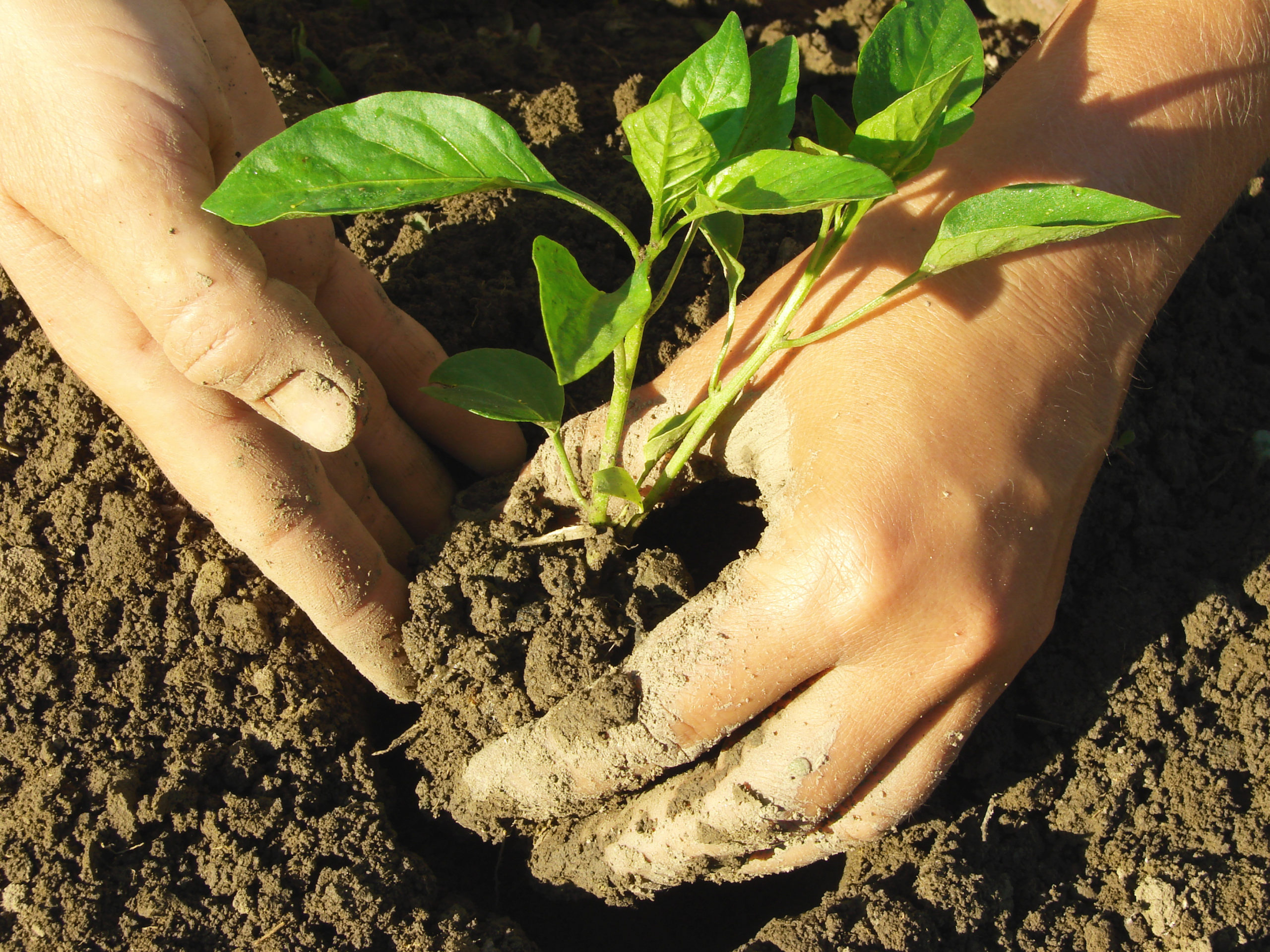
Even if you don’t have a big garden, you can grow your own vegetables
Vegetable harvest on a limited surface
If you only have a small piece of land, you can grow your own organic vegetable and herb garden.
A vegetable container
- You can buy or make a container yourself of a maximum of 1.20 m by 1.20 m. (about 48 inches) Divide the container into 16 compartments of 30 by 30 cm. (about 12 inches)
- Place the container in a sunny and sheltered spot that is out of the wind. Fill the container with special potting soil for vegetables. Mark the boxes with rope and put plant labels in each box.
- Sow or plant a different vegetable in each box. Depending on the size of a crop, you can plant one or more per box. For example, you can store one tomato plant, 4 lettuce plants, or 16 radishes in one compartment measuring 30 by 30 cm.
- When you have harvested a box, you can sow or plant another vegetable in the empty space. Do not put the same plant, because the soil will deplete too quickly.
- Not all vegetables like each other’s company. If you want your vegetables to grow well, you should keep that in mind.
A vegetable garden can also be created in pots
In addition to the existing climbing frames that are for sale, vegetable growing bags, bamboo sticks, and rope can be used to make nice climbing frames for beans, peas, snack cucumber or tomatoes. The advantage is that vegetable plants in pots are less vulnerable to pests, especially if they are placed at a height.
Some tips for a patio garden
- The terrace must be located on the South to Southwest side, most types of vegetable plants need a minimum of 5 to 6 hours of sun per day.
- Water regularly and don’t let the soil dry out use preferably rainwater.
- Use potting soil for vegetables & herbs, this is provided with specific fertilizers. A thin layer of compost on top of each pot helps the water retain longer and provides additional nutrition.
- Some vegetables come in mini varieties, which are usually easier to grow in pots. (E.g. snack cucumber, balcony tomato)
- During colder weeks you can pull tubular film with holes over the pot and plant. This makes heat-loving vegetable plants more likely to succeed during colder weeks.
In the end, eating organic products only means that we do not add anything else to them than they would naturally have. As you can guess, additives, fertilizers, pesticides, or hormones are not components of naturally grown food. To better care for your health, grow your own organic vegetables, and a few pots are all you need.

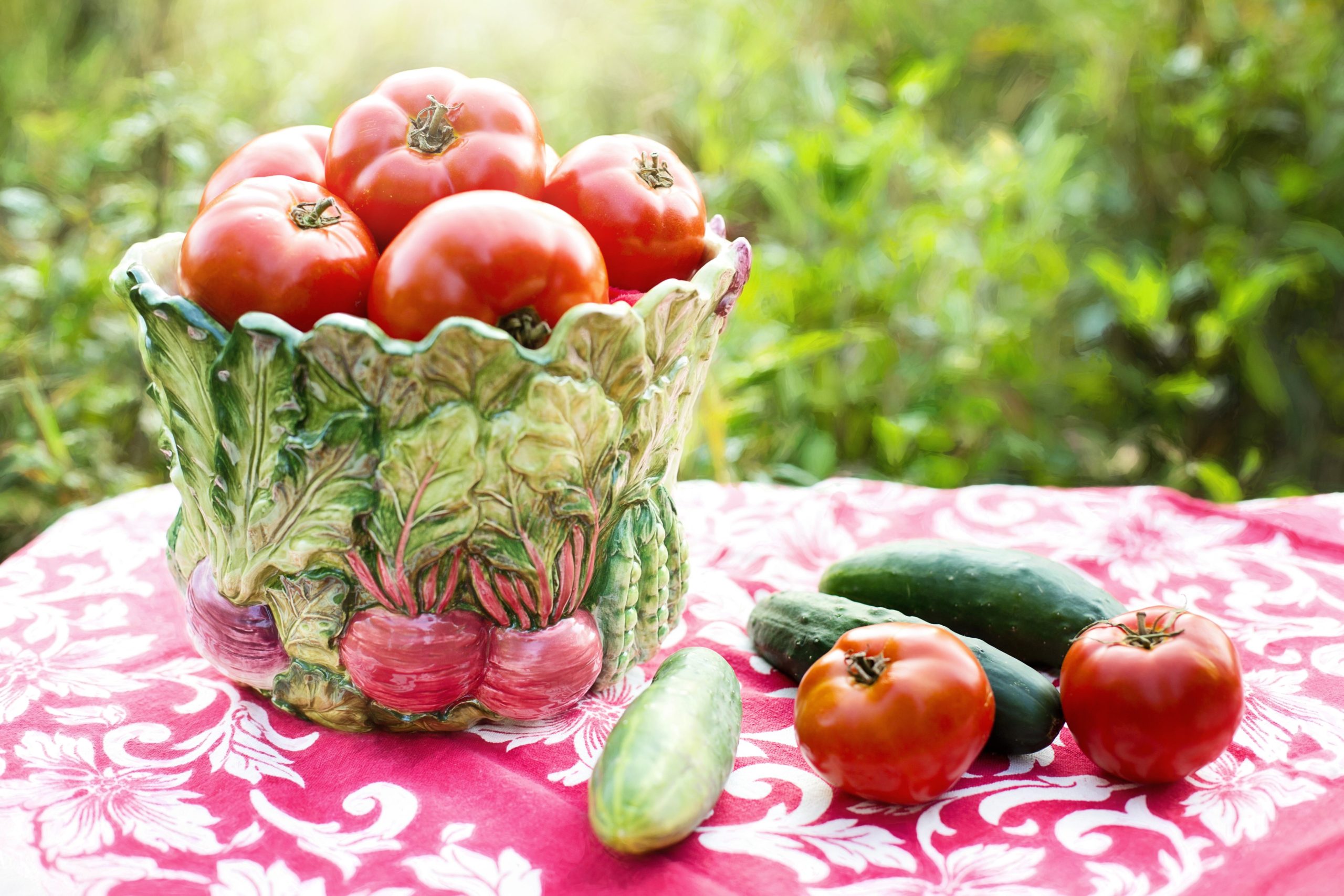
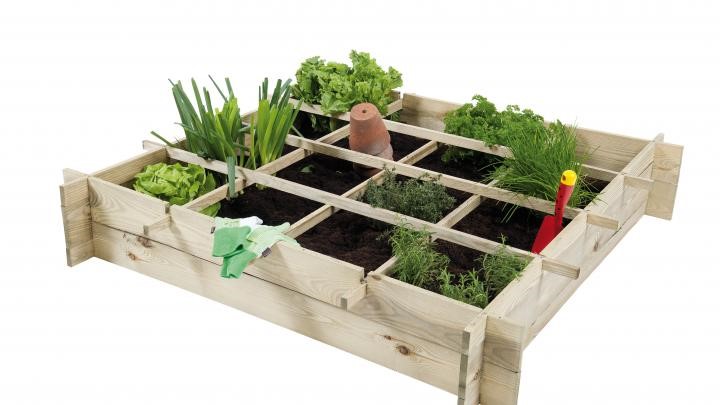
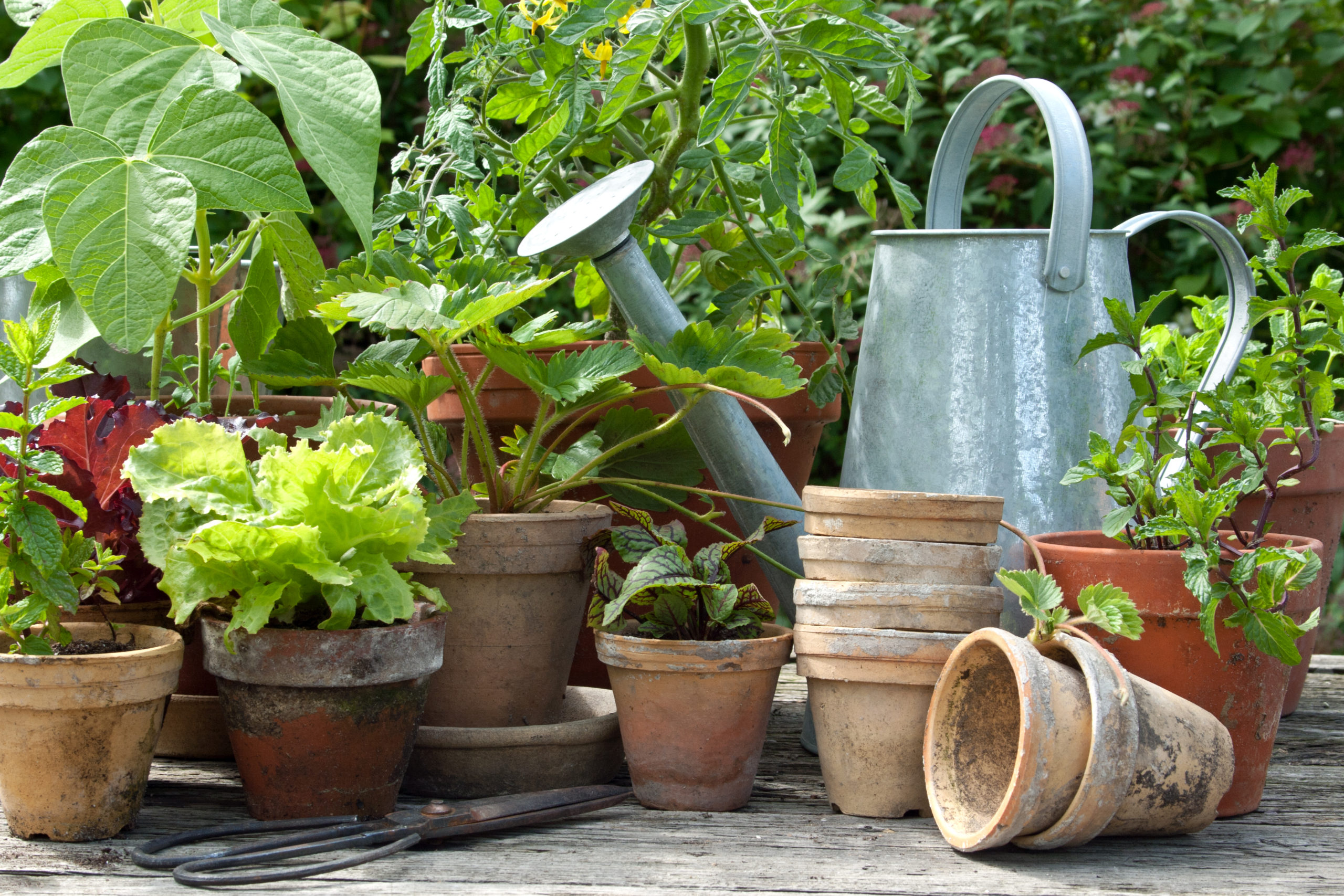
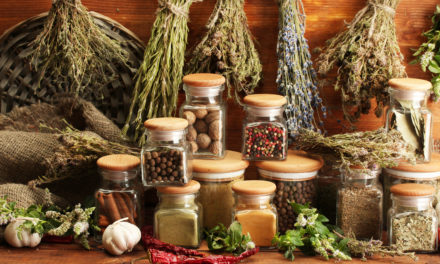
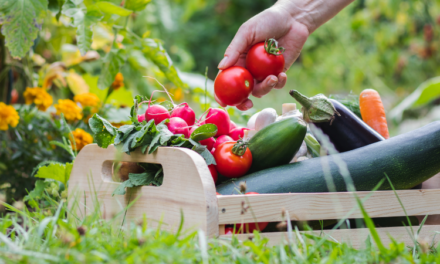
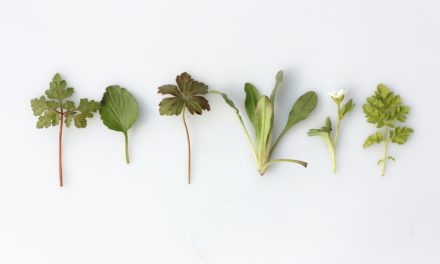
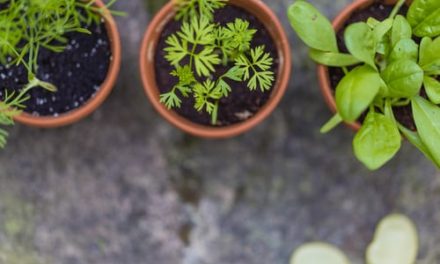
0 Comments